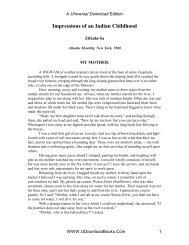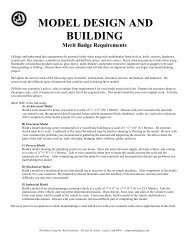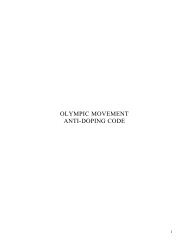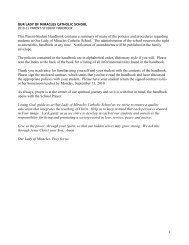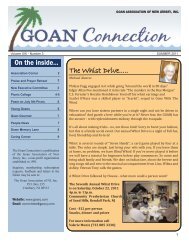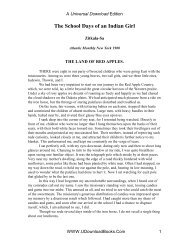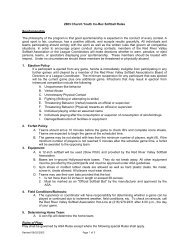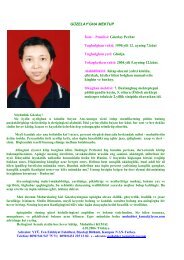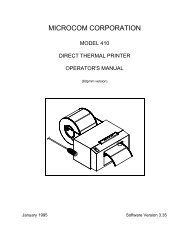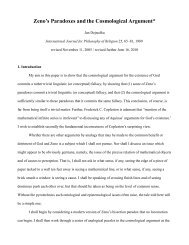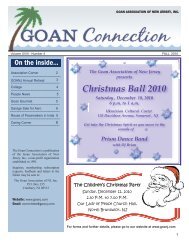Dummett's Backward Road to Frege and to Intuitionism - Tripod
Dummett's Backward Road to Frege and to Intuitionism - Tripod
Dummett's Backward Road to Frege and to Intuitionism - Tripod
You also want an ePaper? Increase the reach of your titles
YUMPU automatically turns print PDFs into web optimized ePapers that Google loves.
176–77). Since senses are entities, this would make facts entities for <strong>Frege</strong>. On my view, if facts are<br />
entities, they are strictly speaking emergent entities with a thought <strong>and</strong> an object—the True—as<br />
components. There is nothing like this in Russell or Wittgenstein. But it might be better <strong>to</strong> say that<br />
<strong>Frege</strong> is merely analyzing away an ordinary sense of the word “fact.”<br />
12. The following four items in <strong>Frege</strong> must not be confused with each other: (a) the abstract<br />
(noncausal) extensional in sense (2) concept red, (b) the abstract intensional in sense (2) sense<br />
expressed by “red,” (c) a concrete (causal) extensional in sense (2) red object in the physical world, <strong>and</strong><br />
(d) an extensional in sense (2) mental sensation of red, normally had by one when one perceives a red<br />
object. Now, if (d) is concrete (causal), or even has normal or law-like patterns of occurrence, then <strong>to</strong><br />
that extent (d) is objective, pace <strong>Frege</strong>’s classification of ideas as subjective <strong>and</strong> in flux, <strong>and</strong> pace his<br />
sharp separation of the objective from the subjective. <strong>Frege</strong> allows, <strong>and</strong> I think requires, at least<br />
resemblances across different persons’ ideas even <strong>to</strong> explain art.<br />
13. Thus <strong>Frege</strong> would reject Dummett’s solution of the oratio obliqua problem. Dummett is very clear<br />
that his solution is “emendation,” not scholarship (1981: 267, 268; 1981a: 87).<br />
14. Dummett says <strong>Frege</strong> found that the traditional concept of abstraction is irrelevant <strong>to</strong> the notion of<br />
sense, <strong>and</strong> does not use it in his final account; but Dummett admits that this final account concerns the<br />
formal notation <strong>and</strong> not ordinary language (Dummett 1981: 676–78). This is consistent with my view<br />
that <strong>Frege</strong> never retracts his early paper (1972) on the basic role of abstraction in learning ordinary<br />
language.<br />
<strong>Frege</strong> denies that traditional abstraction can yield a logically adequate concept of number<br />
(Grundlagen, §§ 34, 44; 1970c: 84–85). But in Grundlagen, § 89 he does not repudiate Kant’s principle<br />
that concepts without percepts are blind, which is the heart of abstraction, al<strong>to</strong>gether, but only for<br />
numbers. Indeed, he calls this “the mistake of supposing that a concept can only be acquired by direct<br />
abstraction from a number of objects” (§ 49, my emphasis.) This implies he thinks some concepts are<br />
73




